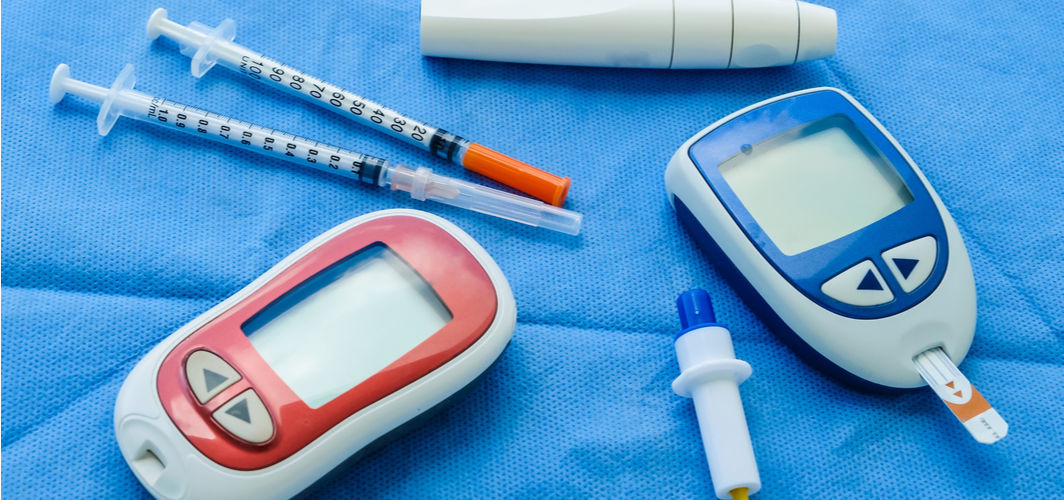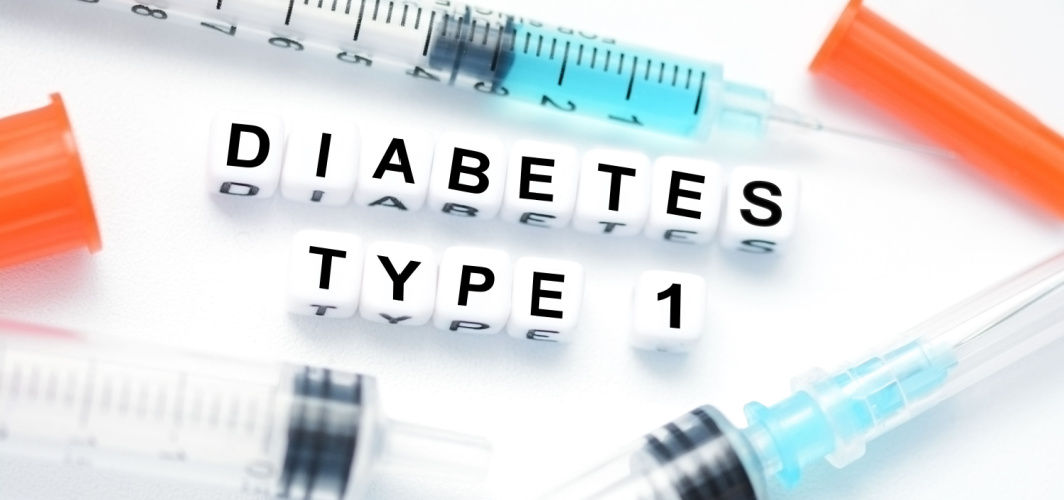Diabetes Management
Are Low-carb Diets Healthy?
5 min read
By Apollo 24/7, Published on - 13 October 2020, Updated on - 13 September 2023
Share this article
2
5 likes

What is a low-carb diet?
Benefits of a low-carb diet
- Supports weight loss
- Reduces levels of blood glucose
- Reduces appetite
- Effective against harmful abdominal (visceral) fat
- Stimulates reduction in blood triglycerides
- Increases HDL ‘good’ cholesterol levels
- Improves LDL ‘bad’ cholesterol levels
Low-carb diet: Foods to eat and avoid
Foods to avoid
- Sugar: Ice cream, candy, fruits juices, sweetened beverages
- Refined grains: White rice, refined wheat, and any grain stripped off their fiber
- Trans fats: Hydrogenated or partially hydrogenated oils
- Processed foods: Cereals, bread, pasta, noodles, etc.
- Starchy vegetables: potatoes, peas, chickpeas, etc.
Foods to eat
- Vegetables: Broccoli, carrots, spinach, cauliflower, and many others
- Fruits: Apples, pears, oranges, strawberries, blueberries
- Nuts and seeds: Walnuts, almonds, chia seeds, sunflower seeds, etc.
- Low-fat dairy: Butter, cheese, and yogurt
- Oils: Olive oil, coconut oil, and fish oil
- Eggs & fish rich in omega 3 fatty acids
- Lean meat
- Whole grains like brown rice, red rice, whole wheat, millets, etc
Popular low-carb diets
-
General low-carb diet
-
DASH diet (Dietary approaches to stop hypertension)
-
Mediterranean diet
Things to keep in mind before following a low-carb diet
Conclusion
Diabetes Management
Consult Top Diabetologists
View AllLeave Comment
Recommended for you

Diabetes Management
What Travel Essentials Should People with Diabetes Carry?
To ensure proper diabetes management while traveling, individuals should pack essential items such as a glucose meter, oral diabetes medications, insulin or insulin pump with supporting documents, insulin and syringes, test strips, lancing device and lancets, non-medical supplies, fast-acting glucose, glucagon emergency kit, small packaged snacks, prescription, medical history, and health insurance card.

Diabetes Management
Type 1 Diabetes: Symptoms, Causes, Diagnosis, and Treatment
Type 1 diabetes is a chronic autoimmune disease affecting insulin production, leading to high blood sugar levels. Early diagnosis and proper management of this condition are vital to prevent life-threatening complications down the road. There are steps you can take to manage type 1 diabetes and prevent its progression. Read on to gain insights into its causes, symptoms, and treatment options.

Diabetes Management
8 Important Tests for People with Type 2 Diabetes
Regular monitoring of various health parameters is extremely crucial for individuals with diabetes to prevent health complications. These include the HbA1c test to assess blood glucose management, blood pressure checks to monitor cardiovascular health, lipid profile tests to evaluate cholesterol levels, electrocardiograms to detect heart issues, eye examinations to prevent diabetic eye complications. Regular check-ups can help diabetics to effectively manage their overall health.
Subscribe
Sign up for our free Health Library Daily Newsletter
Get doctor-approved health tips, news, and more.
Visual Stories

8 Fruits That are Incredibly Healthy for Diabetes
Tap to continue exploring
Recommended for you

Diabetes Management
What Travel Essentials Should People with Diabetes Carry?
To ensure proper diabetes management while traveling, individuals should pack essential items such as a glucose meter, oral diabetes medications, insulin or insulin pump with supporting documents, insulin and syringes, test strips, lancing device and lancets, non-medical supplies, fast-acting glucose, glucagon emergency kit, small packaged snacks, prescription, medical history, and health insurance card.

Diabetes Management
Type 1 Diabetes: Symptoms, Causes, Diagnosis, and Treatment
Type 1 diabetes is a chronic autoimmune disease affecting insulin production, leading to high blood sugar levels. Early diagnosis and proper management of this condition are vital to prevent life-threatening complications down the road. There are steps you can take to manage type 1 diabetes and prevent its progression. Read on to gain insights into its causes, symptoms, and treatment options.

Diabetes Management
8 Important Tests for People with Type 2 Diabetes
Regular monitoring of various health parameters is extremely crucial for individuals with diabetes to prevent health complications. These include the HbA1c test to assess blood glucose management, blood pressure checks to monitor cardiovascular health, lipid profile tests to evaluate cholesterol levels, electrocardiograms to detect heart issues, eye examinations to prevent diabetic eye complications. Regular check-ups can help diabetics to effectively manage their overall health.
